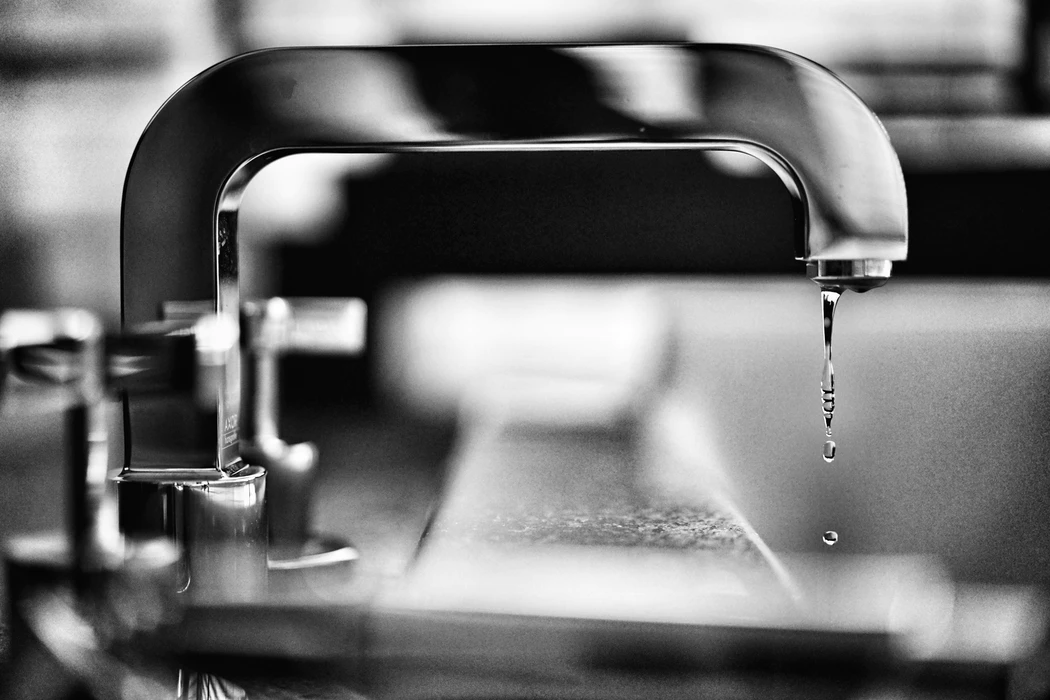
Plumbing can be a very frustrating thing when it’s just not working. If you are renting a place and something goes wrong, it can be a few days until your landlord is able to come and fix the problem. Major plumbing issues can cause a huge amount of expensive damage, and even though it’s not your house, you should try and address any issues immediately before they escalate into full-blown disasters.
To help everyone who is having problems with the plumbing in their property rental here is how to inspect the plumbing when renting.
1. Find the Shutoff Valves
If under any circumstances, you find a leak or other water-related problems happening in your home, the first thing that you should do is to shut off the water. Locate the shutoff valves, and you can easily stop the issue from spreading and causing more trouble than it already has. When you first move into a new rental apartment, make sure that you know where the valves are because you don’t want to be searching for them in an emergency. If you cannot locate the valves or get through to your landlord, contact a plumber in your nearby area.
There are All Service Plumbers services multiple areas, so you should be able to find one locally. Almost every water fixture has its own valve, and while each will be slightly different, the valve can usually be found easily just before the water supply tubes that feed your taps and toilets.
2. Turn off the Valves
Once you have found the valve, simply turn it off to control the flow of water to a specific fixture without affecting the rest of your home’s water supply. There are also valves that control the flow of water around the house. These are usually under sinks and near water supply tubes, so ask the owner for more details and take note. In particular, make sure you locate the main shutoff valve, which is usually near the street where the water mains are or close to your hot water system. Check its condition, and learn how to use it properly.
3. Look for Signs of Leakage and Clogging
One of the most important steps in the inspecting process is to check the sinks for leaks and play around with the taps to see if everything is up to standard. While your landlord might claim that all the pipes are in working order, double-checking does not hurt. Something like a dripping faucet can potentially waste a large amount of water, and you will have to pay more for your monthly water bills, so do not hesitate to spend some time examining things carefully before renting. Issues like broken or leaky pipes are more serious and can lead to big problems, so check for any signs of dampness in the kitchen and bathroom.
The blockage is also another common problem to check for, as if the previous tenant flushed everything down the drain, you as a new tenant will be stuck with clogged drains. Check the kitchen and bathroom sinks for signs of blockage, and have your landlord fix the problem if there is one.
4. Check the Hot Water Unit
A broken or poorly functioning hot water unit can cause huge frustration as you don’t have any hot water to shower, wash dishes, or clean your home. Check that the unit is working properly in your rental property by turning on all the faucets, and see how long it takes for the water to get hot, and if it can maintain that temperature. The colour of the water is also something that should be taken into consideration, as discolouration or sediment is a sign that the hot water unit needs cleaning or replacing. The best hot water units don’t have tanks and are more efficient and cost-effective than units with tanks. Whilst you will not be able to choose the tank in your rental home, check with the landlord about how much the water bills will be and compare this with other potential rental properties that are available.
Whether you are a homeowner or a renter, plumbing is an important part of your house, and so you should inspect it regularly. Before committing to a lease, it is essential for you as a tenant to check the plumbing system to ensure that you will not have to deal with any serious issues and arising expenses after moving in – and good habits and knowledge of basic plumbing inspection will definitely help. Do not hesitate to call a professional plumbing service if needed to stop smaller issues from becoming bigger problems.




 POSTED BY
POSTED BY 

